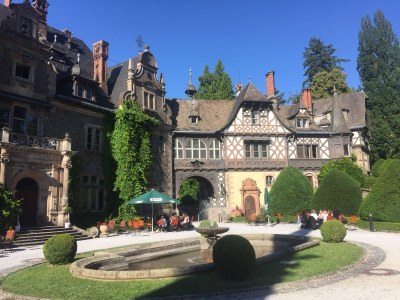Troubling Time(s): Questioning Prevailing Notions of Time in the Study of Literature and Culture
- Abstract
-
Hamlet’s lament that “the time is out of joint” is likely the most famous instance within the Western literary canon in which a moment of crisis, both personal and political, is linked to a sense of disrupted time. The pairing of troubling times with troubled time – i.e. ruptured, disjointed temporalities and historical breaks – certainly persists within contemporary experience and cultural expression. Even before the most recent overwhelming experiences of crisis have added urgency to this topic, the various challenges posed to our societies in the 21st century have led to the impression that “people seem to be losing their faith in their ability to shape the future” (Grossberg 2010: 62). However, far from solely leading to resignation and negativity, various productive (re)evaluations of time have appeared in critical thought from, for example, non-western, feminist, queer and affect-theoretical perspectives that question either conventional, hegemonic notions of time or reconceptualize the temporality and experience of crisis.
The aim of this conference is to draw attention to the important insights offered by the study of literature and culture to this topic. The contributions reflect on linkages between troubling times of crisis and the troubling of time from literary and cultural studies perspectives. The idea of troubling something in an active way is used to connote moments of subversion, rethinking, empowerment, creativity, and perhaps even hope. Thus, while Hamlet, in his state of ambivalence and inaction, feels that a disjointed time is imposed upon and done to him, this conference wishes to shed light on historical instances, theorizations, and cultural expressions of an active troubling of time as an expressive, imaginative, conceptual, and/or political strategy. Just as numerous as possible futures are approaches to and imaginations of finding a way out of crises at any given moment in time. The conference asks: What are historical and current examples of such literary and cultural troublings? How can we as literary and cultural scholars theorize the troubling of time in light of new critical thought and current societal and geopolitical challenges?
- Contact
- Conference Location
- Castle Rauischholzhausen - Schlosspark 1, 35085 Ebsdorfergrund

